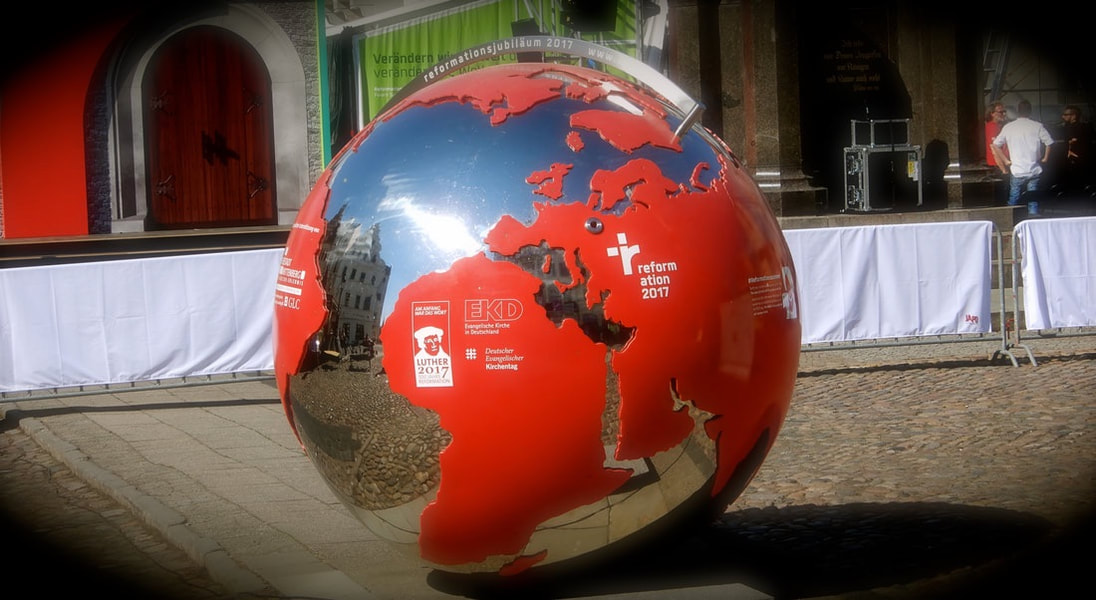SWIRLS OF NURTURE
Sometimes I feel like a creator, sometimes I feel like a teacher, sometimes I feel like a worshipper,
sometimes I just feel three worlds swirling, colliding, morphing into new worlds . .
. . . yet with each swirl the need to nurture . . .
. . . nurture midst fragile creations, vulnerable artists, emotive questioning soundscapes, wondering and wandering thoughts, midst a church wondering how to create in the image of the One who created all.
sometimes I just feel three worlds swirling, colliding, morphing into new worlds . .
. . . yet with each swirl the need to nurture . . .
. . . nurture midst fragile creations, vulnerable artists, emotive questioning soundscapes, wondering and wandering thoughts, midst a church wondering how to create in the image of the One who created all.


 RSS Feed
RSS Feed